Recently, information about a medical facility in Ho Chi Minh City collaborating with a hospital in Taipei, China, successfully treating a 12-year-old child with leukemia using CAR-T cell therapy was widely spread, causing a stir in public opinion.
New to the Vietnamese medical industry
Many people expressed hope that this technique could increase the chances of survival for cases of blood malignancy.
However, the Ministry of Health later requested the Ho Chi Minh City authorities to review the legality and scientific basis of CAR-T cell therapy, because the application of cells and cell products in disease prevention and treatment requires evidence of safety and effectiveness.
Specifically, check the legality of the CAR-T cell therapy that the patient has used, including: whether the therapy has been licensed for application in medical examination and treatment; the protocols and procedures at the hospital for patients using CAR-T cell therapy.
Talking to Dan Tri reporter, the head of a department at Ho Chi Minh City Oncology Hospital, simply explained that CAR-T cell is a method of using the patient's own cells to create antibodies to destroy cancer (T cells are considered "cars", attacking and treating cancer cells).

A 12-year-old girl is said to be the first Vietnamese person to successfully apply CAR-T cells in the treatment of leukemia (Photo: Hospital).
Currently, some countries in the world have applied this method, with initial positive results.
However, this method is still quite new to the Vietnamese medical industry and is not currently licensed.
Besides, the financial burden is also a matter that needs to be raised, because the cost to implement the CAR-T cell method is up to billions of dong, so it is difficult to apply it widely to cancer patients.
"In case this technique is officially deployed in Vietnam, in addition to professional factors, we must also consider the coordination and support mechanism from the health insurance fund to reduce the burden of treatment costs for patients," said the above person.
A doctor working at the Oncology Center, a tertiary hospital in Ho Chi Minh City, also said that the unit has no experience using the CAR-T cell method in treatment.
This doctor commented that, in theory, CAR-T cells have potential in treating blood cancer, but require very advanced technology and strict production control to avoid risks during the preparation process.
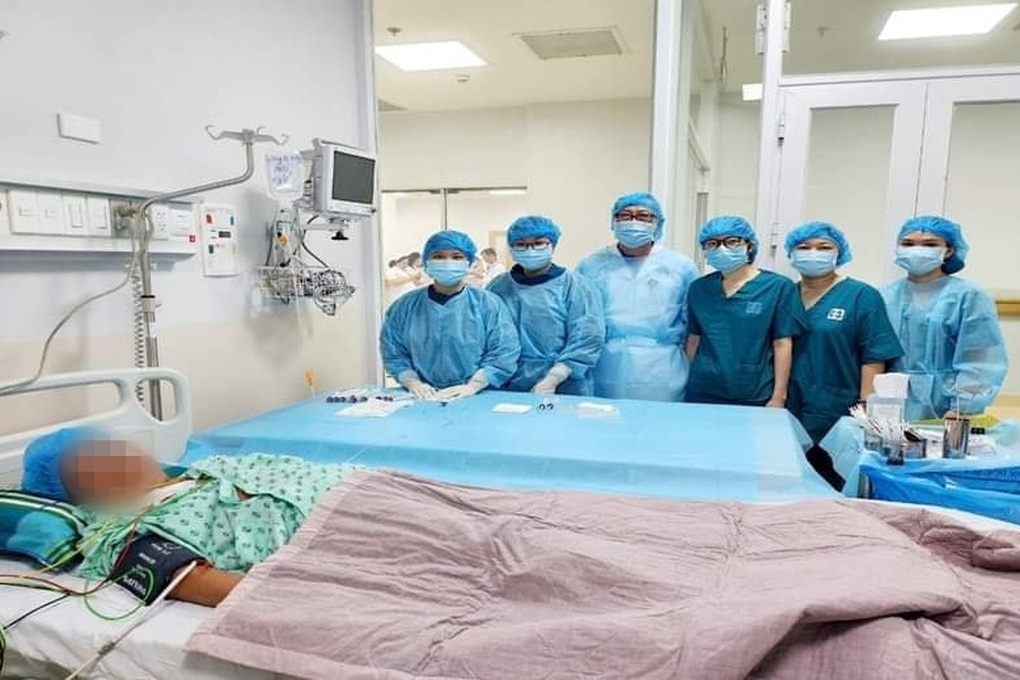
The first cancer patient received a stem cell transplant at Ho Chi Minh City Oncology Hospital in October 2023 (Photo: Hospital).
Huge cost, need to monitor effectiveness further
According to the US National Cancer Institute (NCI), immunotherapy is becoming the cornerstone of modern cancer treatment.
With cell therapy (CAR-T cell), although this technique is not applicable to everyone, in some patients with very advanced cancer it can be effective for a long time.
What makes CAR-T cells different from immunotherapies and other cancer treatments is that the immunity is generated from the patient's T cells, which are the body's main killer cells against infected cells.
The US Food and Drug Administration (FDA) approved the first CAR-T cell therapy in 2017 to treat children with acute lymphoblastic leukemia (ALL), followed by multiple myeloma.
However, according to Dr. Steven A. Rosenberg of NCI (one of the pioneers of CAR-T cell research), for a long time, the scientific community has still doubted whether the effectiveness of "cell therapies" is better than specialized treatments for a small number of patients.
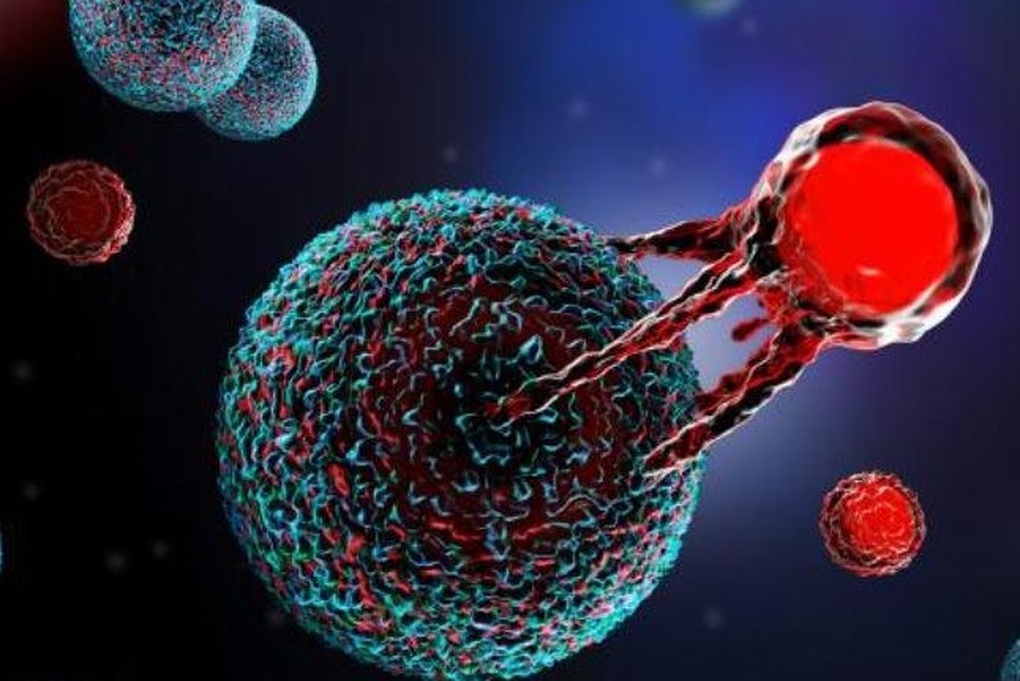
The application of cells and cell products in disease treatment requires scientific evidence of safety and effectiveness (Illustration: NCI).
According to analysis from the 108 Military Central Hospital, CAR-T cell is a method that uses T cells collected from the patient's blood, genetically modified to have the ability to recognize and attack cancer cells.
CAR-T cells are able to specifically attack cancer cells, minimizing the impact on healthy cells. But this therapy also has certain limitations, including causing side effects (such as inflammation, fever, headaches and low blood pressure).
Some cancers are able to evade detection or attack by CAR-T cells. In addition, the cost of this treatment is also very high (up to hundreds of thousands of dollars in the US).
Source: https://dantri.com.vn/suc-khoe/bac-si-benh-vien-tuyen-cuoi-noi-gi-ve-lieu-phap-car-t-cell-tri-ung-thu-mau-20250922100223571.htm





![[Photo] Da Nang: Hundreds of people join hands to clean up a vital tourist route after storm No. 13](https://vphoto.vietnam.vn/thumb/1200x675/vietnam/resource/IMAGE/2025/11/07/1762491638903_image-3-1353-jpg.webp)
















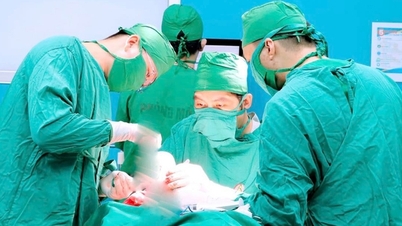








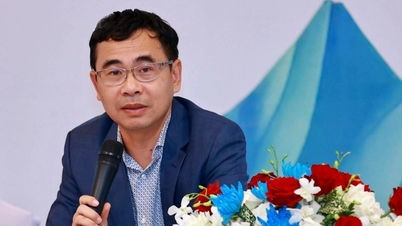
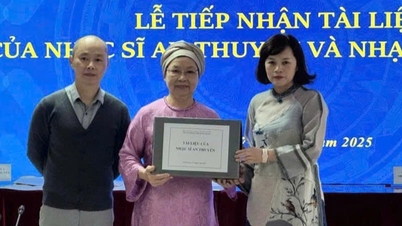












































































Comment (0)